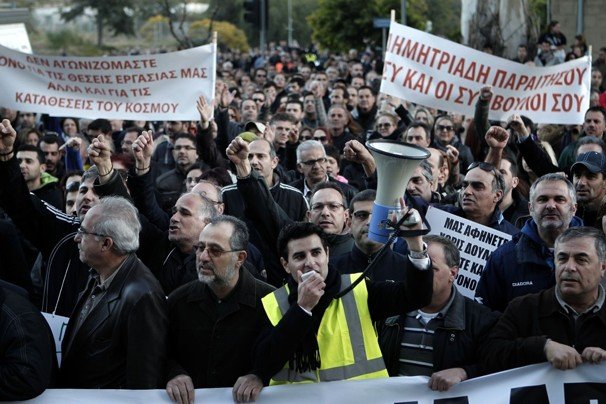
According to a draft document prepared by Cyprus’ creditors, the cost of the bailout for the country has increased to 23 billion euros ($30 billion).
The original cost of Cyprus bailout was put at 17.5 billion euros.
The new total, disclosed in a document seen by news agencies, means Cyprus will have to find 13 billion euros to secure 10 billion euros from the EU and the IMF.
Previously it was thought that Cyprus would have to raise 7.5 billion euros.

Government spokesman Christos Stylianides said: “It’s a fact the memorandum of November talked about 17.5 billion [euros] in financing needs. And it has emerged this figure has become 23 billion.”
“Who is responsible for this? How did we get here? It was the fear of responsibility and indecision of the previous government,” he added.
Analysts are now questioning if Cyprus can raise such a sum.
The winding up of one Cypriot bank, Laiki (Popular), and the writing-off of a large portion of secured debt and uninsured deposits in the largest bank, Bank of Cyprus, should raise a total of 10.6 billion euros.
Cyprus is also set to sell off a large portion of its gold reserves, in a move that will raise another 400 million euros.
“The sheer size of the increase has underlined the extent of the enormous challenges facing Cyprus itself,” said Jonathan Loynes of Capital Economics in an analyst note.
The Cypriot economy is only worth about 18 billion euros and accounts for less than 0.2% of the eurozone total. Several analysts now think the Cypriot economy may shrink by more than 10% this year alone.
“If everything goes according to plan, the growth figures might at least be in a realistic range, if too optimistic,” said Christoph Weil of Germany’s Commerzbank.
“If there are any problems, and there are significant downside risks, then it could be much worse, and a combined contraction of 20% is within the range of the possible.”